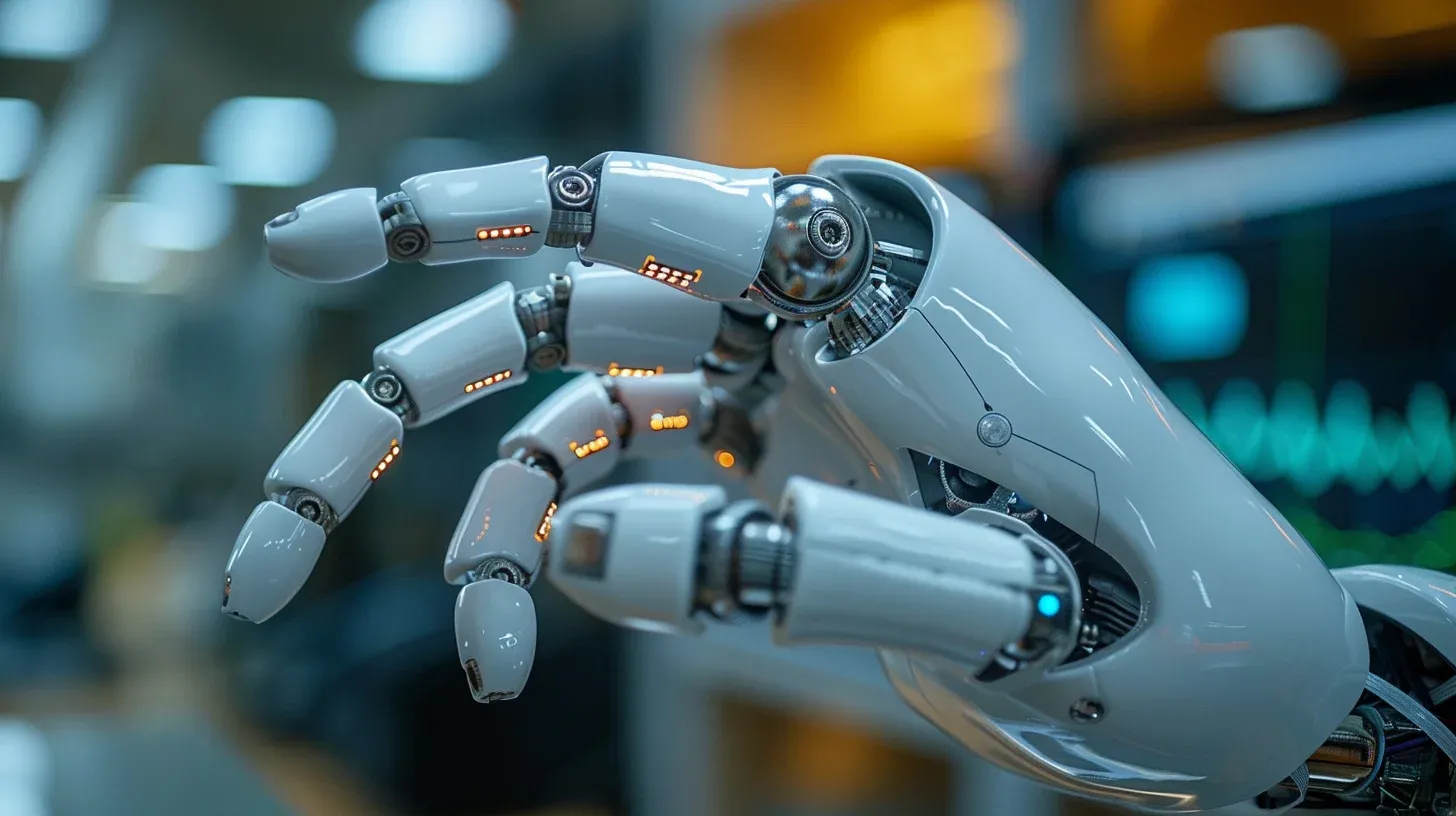28 May 2024
Artificial Intelligence Revolutionizes Healthcare for the Elderly.

Press the play button in the top right corner to listen to the article
Artificial intelligence (AI) is revolutionizing healthcare, with a significant focus on improving the lives of elderly individuals. As the global population ages, innovative AI technologies are addressing the unique health challenges faced by older adults, enhancing their quality of life and providing better healthcare solutions.
One of the most impactful applications of AI in healthcare for the elderly is in diagnostics and early detection of diseases. AI-powered algorithms can analyze vast amounts of medical data, identifying patterns that may indicate the onset of conditions such as Alzheimer's disease, cardiovascular issues, and other age-related illnesses. These algorithms often detect symptoms earlier than traditional methods, allowing for timely intervention and better management of these conditions.
Personalized medicine is another area where AI is making a difference. By analyzing an individual's genetic information, health records, and lifestyle data, AI systems can develop customized treatment plans tailored to the specific needs of elderly patients. This approach not only improves the effectiveness of treatments but also reduces the risk of adverse reactions, which is particularly important for older adults who may be taking multiple medications.
AI is also enhancing remote monitoring and telehealth services, which are crucial for elderly individuals who may have mobility issues or live in remote areas. Wearable devices and smart home systems equipped with AI can continuously monitor vital signs such as heart rate, blood pressure, and glucose levels. These devices can alert healthcare providers in real-time if any anomalies are detected, ensuring prompt medical attention and reducing the need for frequent hospital visits.
Furthermore, AI-driven tools are transforming the way caregivers support elderly patients. Virtual assistants and robotic companions can provide reminders for medication, appointments, and daily activities, helping elderly individuals maintain their independence and manage their health more effectively. These tools also offer companionship, which can alleviate feelings of loneliness and isolation that many older adults experience.
In the realm of mental health, AI is being used to develop interventions and support systems for elderly individuals suffering from depression, anxiety, and cognitive decline. AI-powered applications can offer cognitive training exercises, mindfulness practices, and even virtual therapy sessions, providing accessible mental health support.
The integration of AI in elderly care is not without its challenges. Privacy concerns and the need for data security are paramount, as sensitive health information must be protected from unauthorized access. Additionally, there is a need for continuous training and education for healthcare professionals and caregivers to effectively utilize AI technologies.
The content, including articles, medical topics, and photographs, has been created exclusively using artificial intelligence (AI). While efforts are made for accuracy and relevance, we do not guarantee the completeness, timeliness, or validity of the content and assume no responsibility for any inaccuracies or omissions. Use of the content is at the user's own risk and is intended exclusively for informational purposes.
#botnews















































































